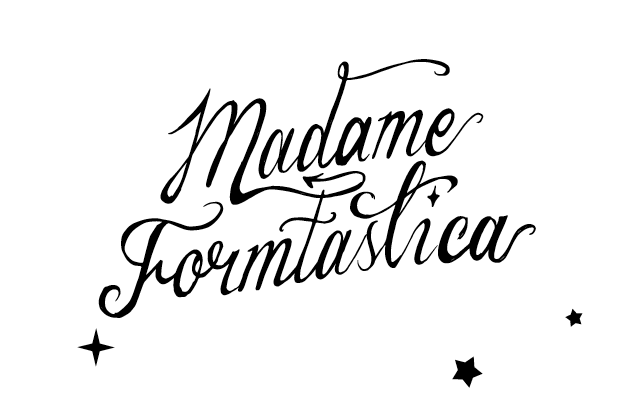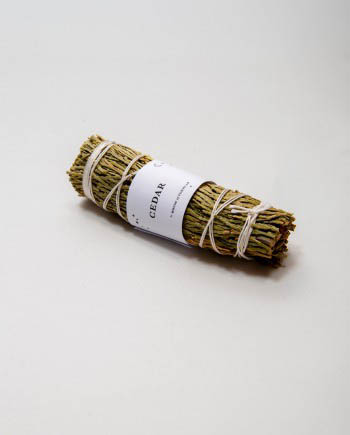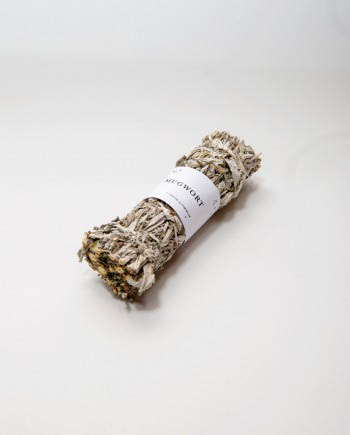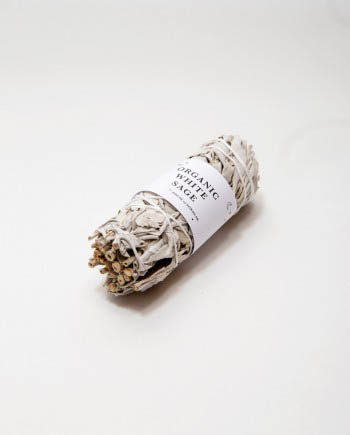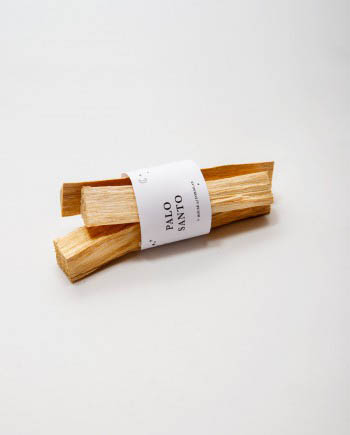As a company House of Formlab believes everyone has equal rights. Nature should be protected and that no one should be exploited. We, therefore, do our utmost to ensure we make the best choices we can when we source products.
Ethics in Spiritual Practices
There are three particular areas that require extra attention, so below we will attempt to outline our policies, thinking and actions in these areas.
- Crystal Sourcing
- Herbs & Plants
- Cultural Appropriation
As more topics arise we will continue to add to this page.
1.Crystal Sourcing
At House of Formlab we always try to source our crystals in an ethically minded way. We only choose high-quality pieces and work with trusted and reputable suppliers who also take ethics in the crystal supply chain very seriously.
Many of our suppliers buy directly from the mines and they undertake regular site visits during buying trips to ensure working conditions and low impact environmental protections are as claimed. None of our suppliers knowingly buy from mines with any child labour, poor or dangerous working conditions. Certain countries are known for dubious practices and we avoid sourcing from those regions.
Often crystals are not what the miners are digging for. More often than not they are byproducts found alongside more valuable elements such as are used in our mobile phones and TVs. This makes supply chains complicated but where we can we avoid minerals and crystals known to come from this type of operation.
Certificates are often hard to come by. There is still no overarching governing body which certifies crystals in the same way as diamonds are now tracked and certified – mainly due to the difference in value. The more outcry there is, the more chance is idea will gain traction. So keep asking and campaigning for ethically sourced crystals and together we can change the crystal universe.
Buying crystals is a learning process. We will make mistakes, everyone does, but rest assured we are trying our best to make the right choices and provide you with the crystal you can be proud of.
2.Herbs & Plants
Palo Santo.
The Palo Santo “smudging sticks” you buy from us are all from the Bursera Graveolens tree. This tree is not endangered. Bursera Graveolens – is not filed on CITES (the Convention on International Trade in Endangered Species of Wild Fauna and Flora).
Palo Santo is an umbrella term used to describe a variety of botanicals such as Bursera Graveolens, Bulnesia Sarmientoi (also known as Verawood) and Guaiacum (often abbreviated to Guaiac) which is where much of the confusion has begun. Only Bulnesia Sarmientoi (Verawood) and Guaiacum (Guaiac) are listed as an endangered species. Bursera Graveolens is not listed as an endangered species.
Palo Santo smudging sticks from the Bursera Graveolens tree are not cut from living trees. This is a prohibited practice as the species is considered sacred. The holy wood is harvested only if it has fallen naturally. The fallen wood then needs 3 to 5 years of drying to produce the right conditions for the oils to be released and for it to burn and smoke correctly. These trees are still considered vulnerable and a lot is being done to support the many small communities which rely on the industry.
Our Palo Santo supplier practices sustainable harvesting and only collects fallen wood from the Bursera Graveolens (not endangered) variety.
What can you do?
Shop wisely with independent stores where you can talk to the owner and get real information about their suppliers. These trees, while not endangered, are still at risk so don’t buy too much, just what you need, and burn with care. If you want to go one step further try burning myrrh and frankincense resin; they are produced from trees in the same family as Palo Santo.
White Sage.
White Sage is also not endangered. There are some big ongoing issues with the illegal harvest (stealing) of white sage from sacred lands in America where after one such incident, white sage was misreported as endangered. White Sage is not on the Endangered Species List but there are concerns about its vulnerability in the wild and on sacred lands in the US.
White Sage available for purchase with us is grown commercially and sustainably by herb farmers. Sage Essential Oils used and sold by House of Formlab are from European growers.
If you live in the US and are concerned about the source of your White Sage ask your supplier for more details or consider burning different varieties of sage, like desert sage, garden sage, or black sage.
A good source of peer-reviewed information is via the Salvia Apiana Wikipedia page.
3.Cultural Appropriation
Ok, so this is a very sensitive topic. We respect the rights of everyone and that means we respect everyone is free to form their own opinion one way of the other. As with religion, politics and the right to bear arms being inappropriate dinner conversation, we ask that our social followers engaged in discussing cultural appropriation treat each other with respect and do not try and aggressively (and often very rudely) force their opinions on others. If you feel the need to lash out take a breath and stick to comments on the weather. We operate a safe space where different opinions are valued but bullying is not tolerated.
For the record, this is the official House of Formlab stance on the subject…
We eat pasta, cook phad thai, wear alpargata type shoes, use zero in math, wore dreadlocks for a number of happy years, cleanse jewelry with Florida Water, smudge to clear our space and use crystals as energy conduits. All of this is cultural appropriation. All of it.
Culture is to be celebrated and the sharing of knowledge, customs and beliefs is a natural and organic process. There have been many times in human history where this meeting of cultures has not ended well for one party (usually the native) and those actions are what we should be admonishing not the precious learnings and ceremonies we gift to each other.
My “other” mother comes from another culture and as a young girl growing up she imparted the knowledge, ceremonies and magick from her Suriname culture which she hoped I would use throughout my life. Was she wrong to do this? Share these important ceremonies that were so important to her with her daughter from another culture and country? Am I wrong to continue practising what my Suriname mother taught me? I don’t feel in my heart it’s wrong, in fact, I feel that I honor her every time I do so.
And so that forms our position.
Do everything with respect and a conscious eye on its history. Honor those who came before and celebrate that it is now part of your life. Don’t be ashamed to love something that didn’t come from the land or culture to which you were born. What is respectful and what is disrespectful is a matter of personal opinion, not an objective truth. Be kind to each other.
Let’s make everyday magick,
Madame Formtastica & The Alchemist
